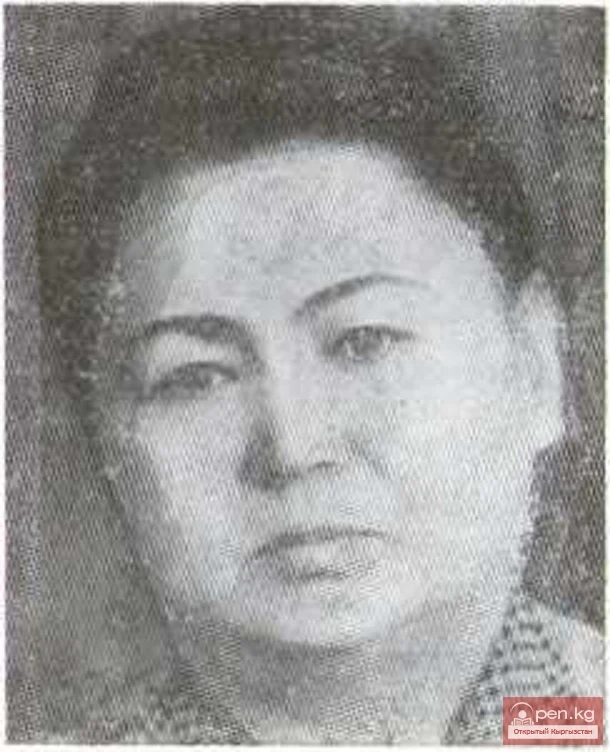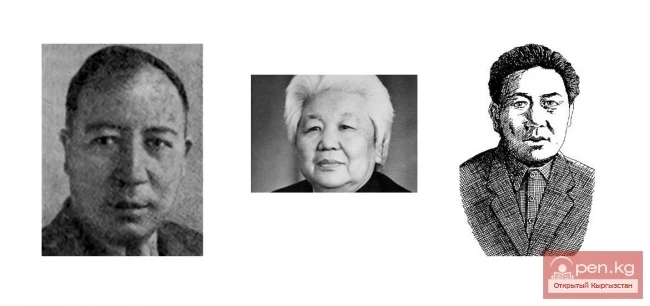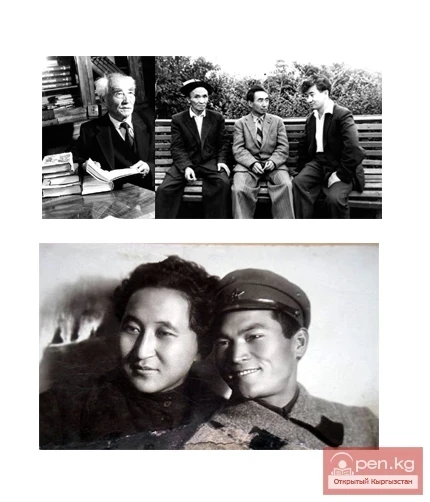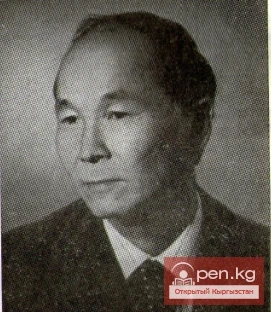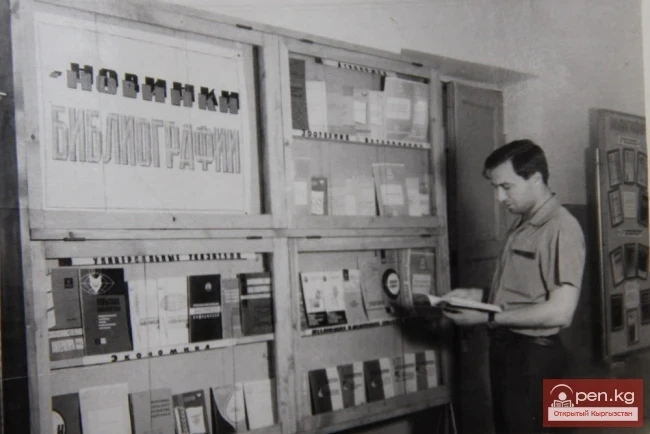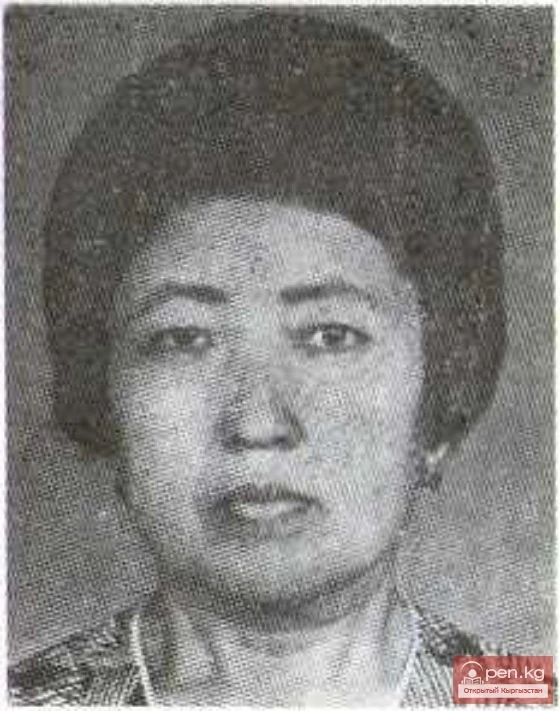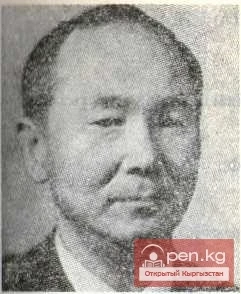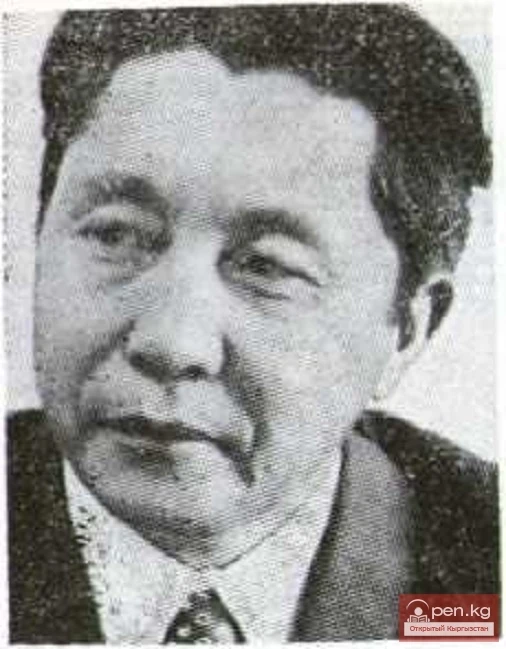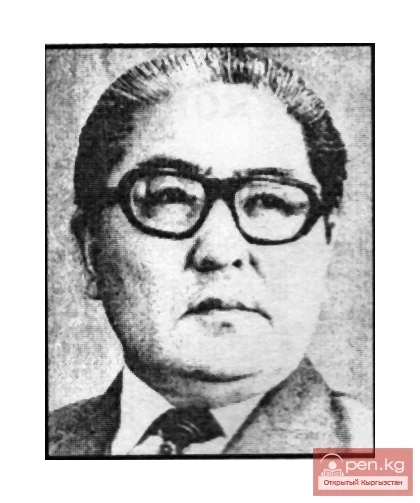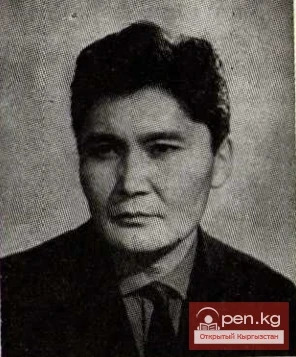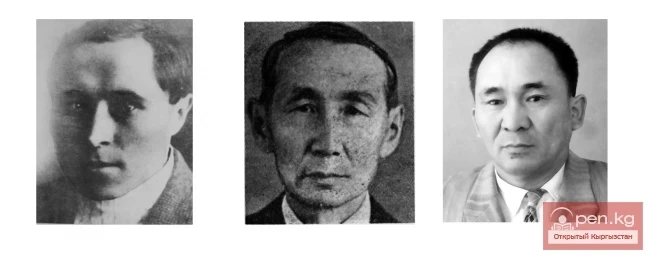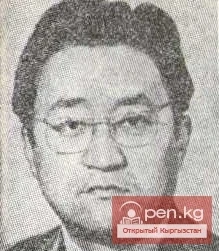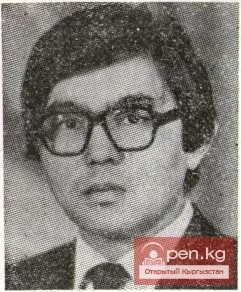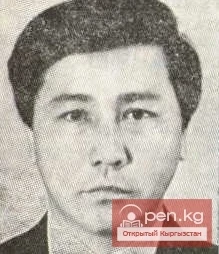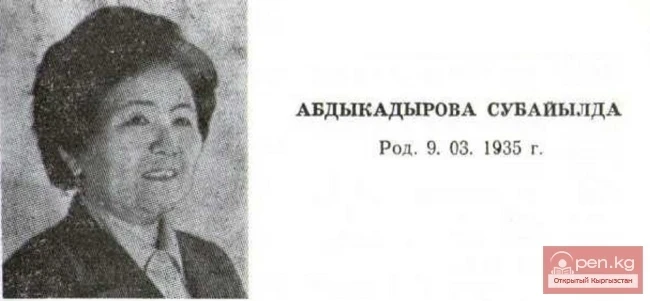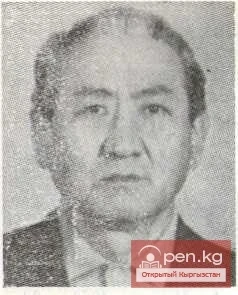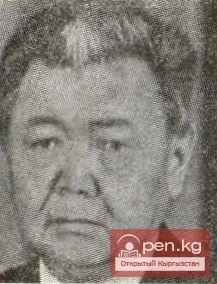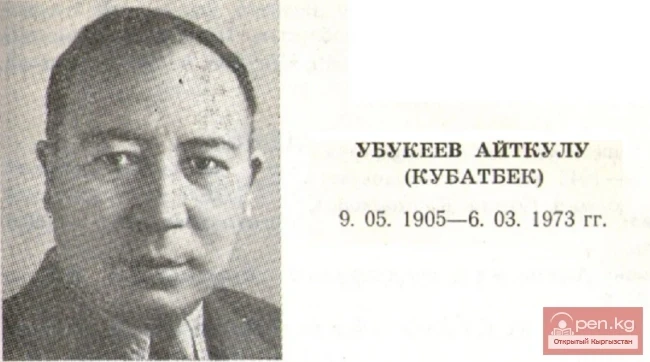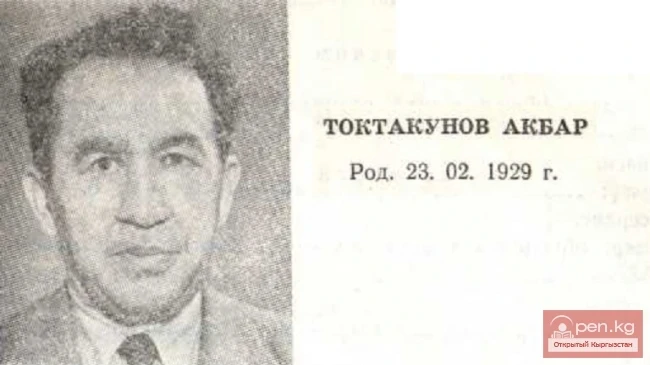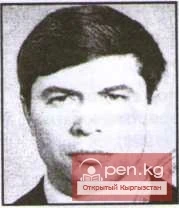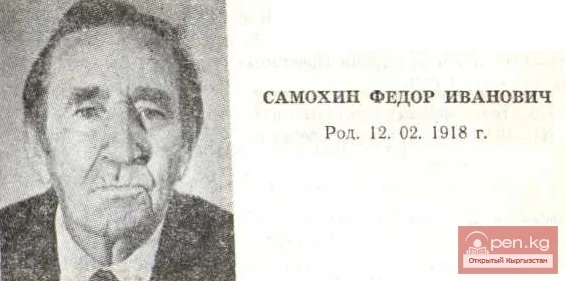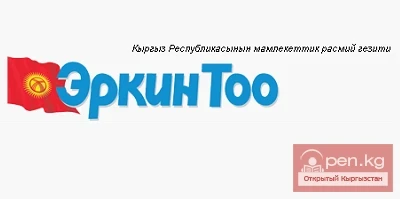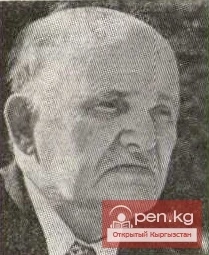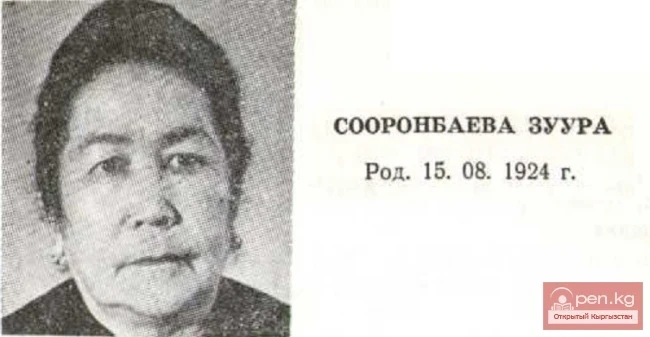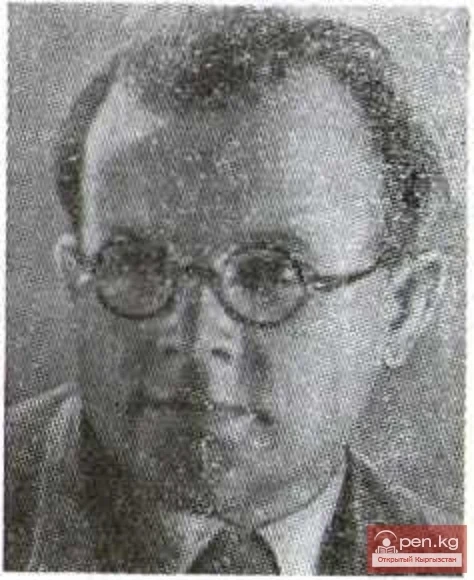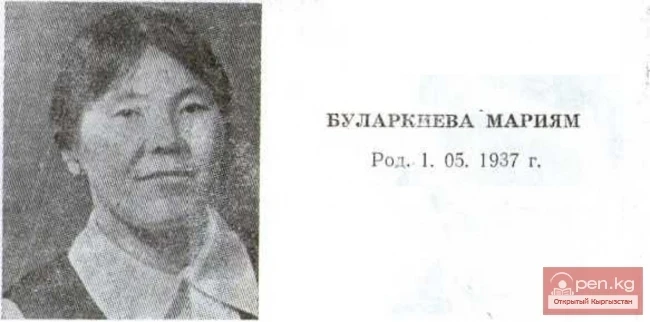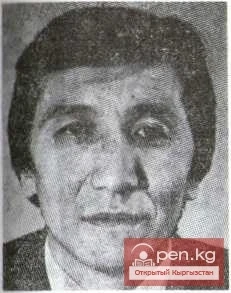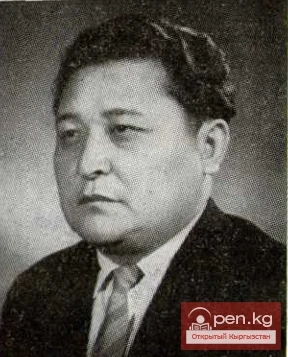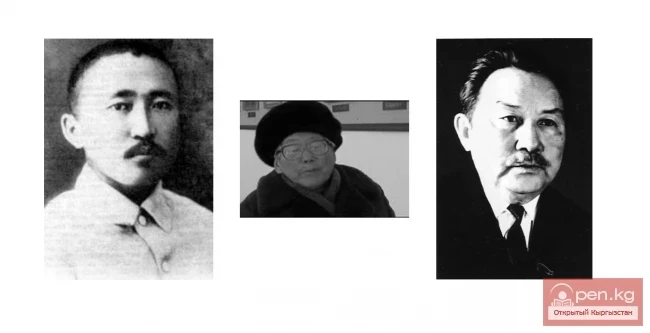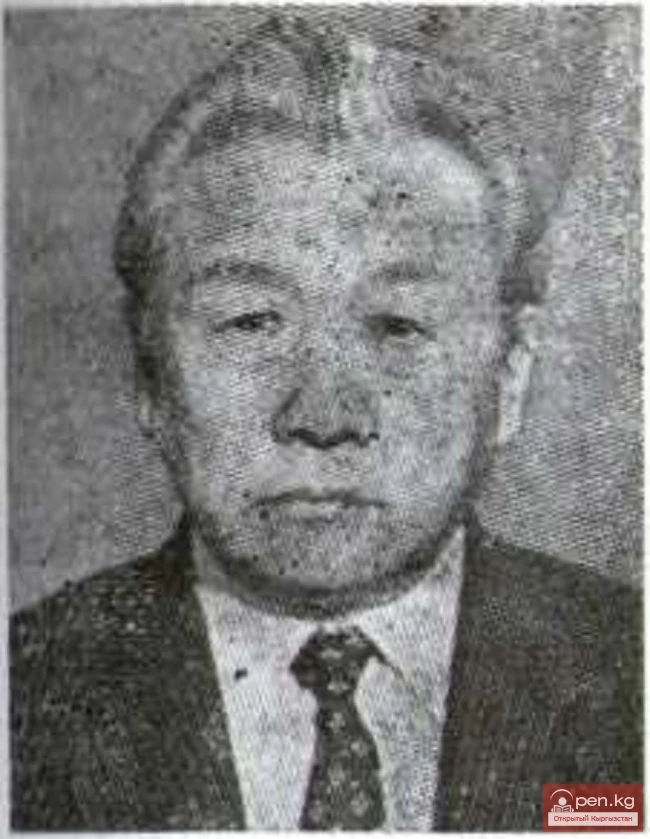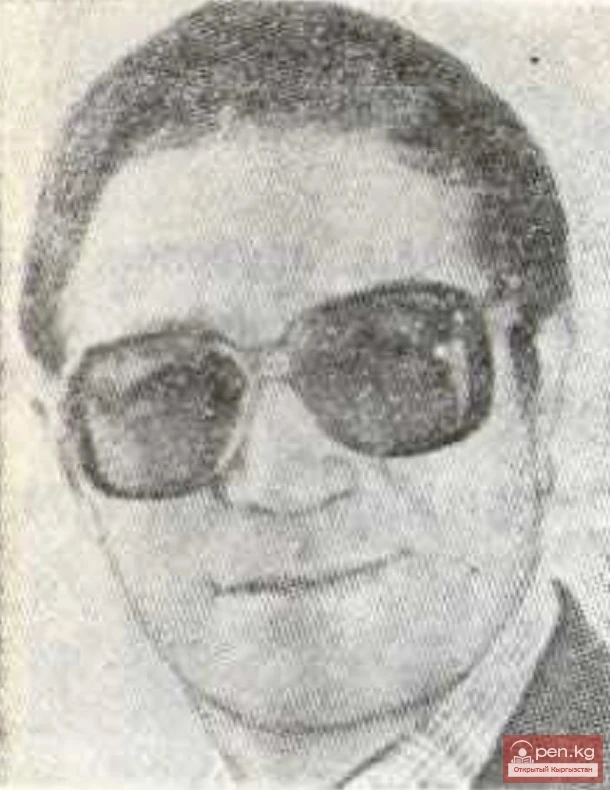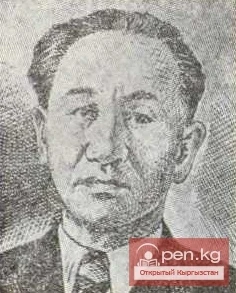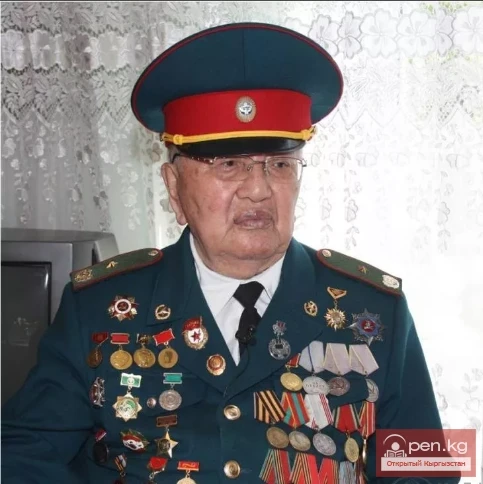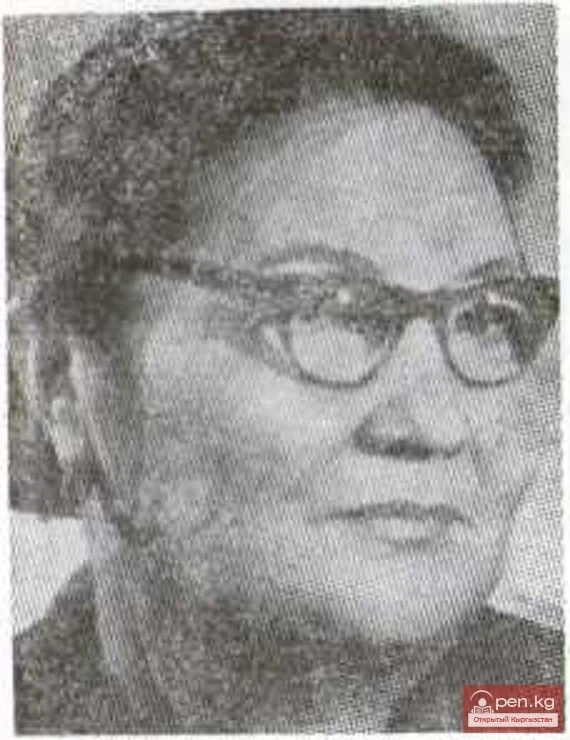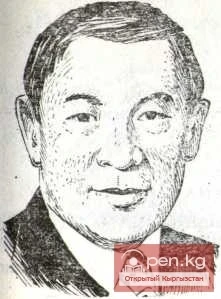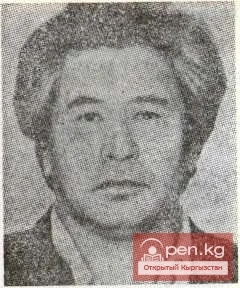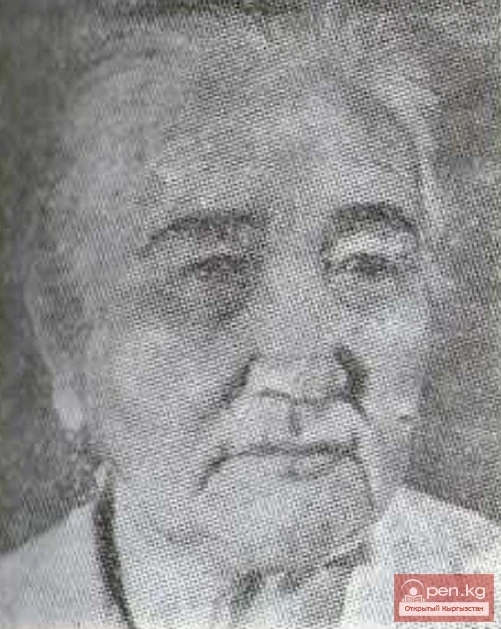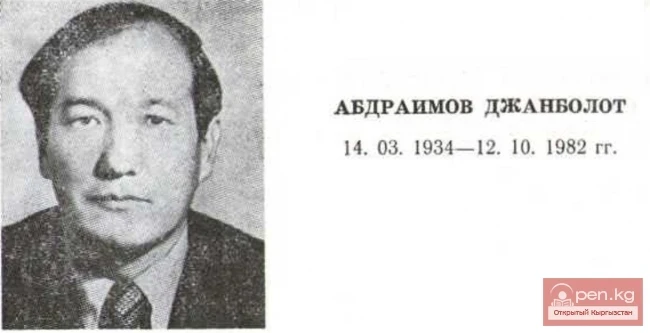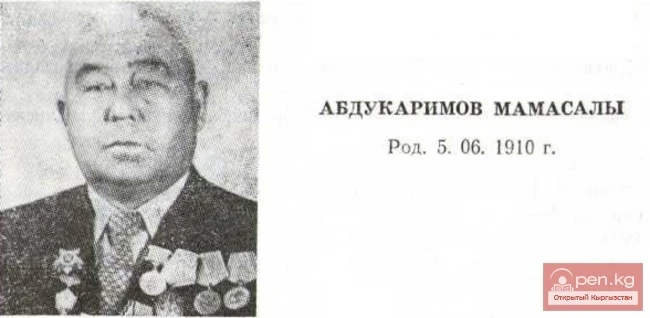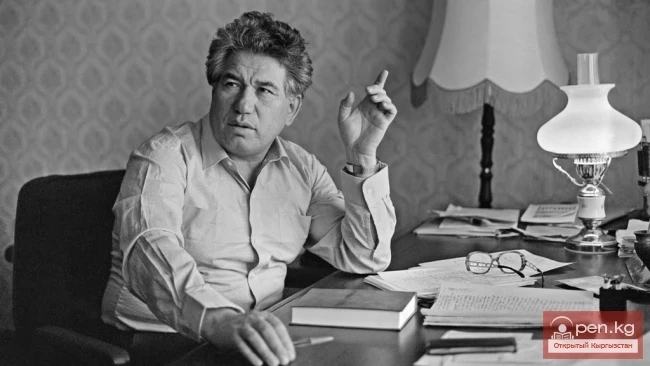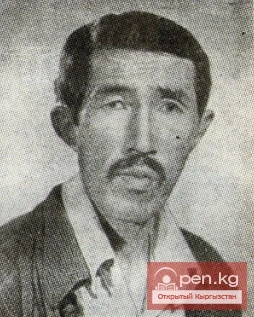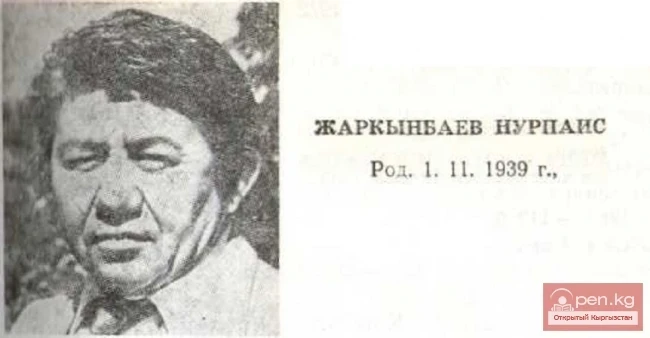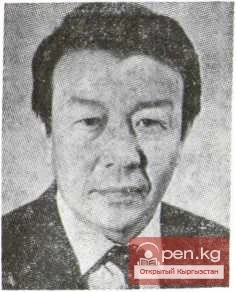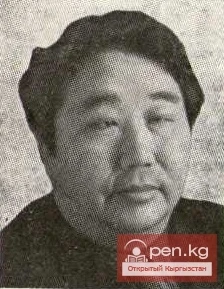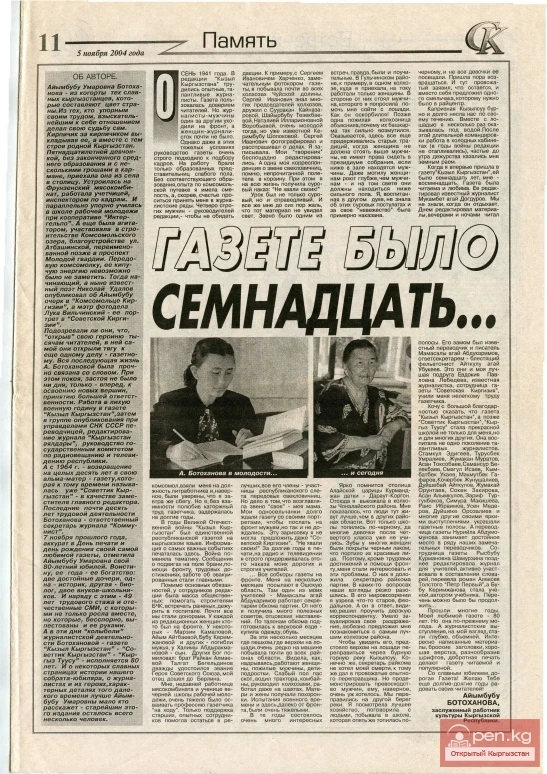
Among Kyrgyz women journalists and writers, the most popular name among readers, listeners, and viewers was Aim Aitbaeva (1917-1975). She was born in the village of Chelypek in the Jeti-Oguz district of the Issyk-Kul region. After graduating from the pedagogical institute in Frunze in 1941, she worked as a literary employee and head of the department at the newspaper "Kyzyl Kyrgyzstan" until 1948.
In 1948-1949, A. Aitbaeva served as the editor of the newspaper "Leninchil Zhas," and in 1949-1950, she was the secretary of the Central Committee of the Komsomol of Kyrgyzstan. She then studied at the Higher Party School in Moscow. From 1953 to 1956, she worked as the editor of the magazine "Zhas Leninchi" and the newspaper "Leninchil Zhas," and from 1956 to 1959, she was the head of Kyrgyzglavlit under the Council of Ministers of the Kyrgyz SSR. After that, for many years until her retirement, she was the responsible secretary of the editorial board of the magazine "Kyrgyzstan Aiyaldary."
A. Aitbaeva is the author of numerous articles, essays, and feuilletons published in the newspapers "Kyzyl Kyrgyzstan," "Leninchil Zhas," and the magazines "Zhas Leninchi," "Ala-Too," as well as five books of short stories, novellas, and novels: "Life Calls," "The Mysterious Bell," "Torsogoy," "Father's Tie," and "A Drop of Blood."
Aimububu Botokhanova was born in 1923 in the village of Jon-Aryk in the current Jajyl district of the Chui region. She began her working career at the age of 15 as an accountant at a meat processing plant in Frunze. She received her secondary education at the evening school "Intergelpo," organized by Czech workers. In 1940, she was accepted as a technical secretary in the editorial office of the newspaper "Leninchil Zhas," and in 1941, she moved to the editorial office of the newspaper "Kyzyl Kyrgyzstan," where a year later she became the responsible secretary. While working in this position, she learned the basics of translation work, and in 1944, she was sent to Moscow to work as a translator for the Kyrgyz group for the publication of materials from the Administration of the Council of People's Commissars of the USSR. From 1947 to 1949, she worked as an editor at Kyrgyz radio.

In 1950, A. Botokhanova had the opportunity to further her education: she studied at a two-year republican party school, and from 1954 to 1957, she attended the Higher Party School under the Central Committee of the CPSU in Moscow. After her studies, in 1959, she was appointed the chief editor of the magazine "Kyrgyzstan Aiyaldary." From 1961 to 1964, she worked as the chairwoman of the State Committee of the Republic for Radio and Television, from 1965 to 1974, she was the deputy editor of the republican newspaper "Sovetk Kyrgyzstan," and from 1974 until her retirement in 1978, she served as the responsible secretary of the theoretical and political journal of the Central Committee of the Communist Party of Kyrgyzstan, "Communist." Throughout her long journalistic career, A. Botokhanova wrote numerous articles, essays, reviews of new books and theatrical productions, and she also translated many mass-political and artistic works into Kyrgyz. She was awarded the honorary title of "Honored Worker of Culture of the Kyrgyz Republic."
Shukurbek Beishenaliev was one of the talented representatives of the post-war generation of Kyrgyz journalists and writers (1928-2000). He was born in the village of Kurtka in the Ak-Tala district of the Naryn region. After graduating from Kyrgyz State University in 1952, he worked as the editor of the magazine "Zhas Leninchi," and from 1956 to 1959, he was the editor of the newspaper "Leninchil Zhas," later becoming the secretary of the Union of Writers of Kyrgyzstan. For many years, he headed the Society of Friendship and Cultural Relations with Foreign Countries of the Republic. The first notes, correspondences, and articles by Sh. Beishenaliev appeared in 1941 in the district newspaper "Kolhozchu," and later in youth publications. Throughout his life, alongside his literary works, he regularly wrote and published correspondences, essays, and journalistic pieces in periodicals. Journalism played a significant role in his life. Here’s how he wrote about it himself:
“I first saw the newspaper ‘Kyrgyzstan Pioneri’ in 1939, and since then I have maintained a constant connection with it. Even as a pioneer, I wrote a note. It was not published, but that did not upset me. The editorial staff explained to me what and how to write for the newspaper. I began to send letters, telling about what I saw in class, at school, about my friends and classmates.
The kind advice from the editorial staff helped me learn to write for pioneers and schoolchildren; I wrote a number of poems, stories, one-act plays, and two novellas. Through this newspaper, schoolchildren across the republic became acquainted with twenty of my poems and songs, six stories, a one-act play titled ‘Friendship,’ and a piece titled ‘Gratitude.’
In my literary and journalistic work, this newspaper has been a great help to me. Young readers in their letters provided me with valuable advice. The newspaper continues to help me even now.”
